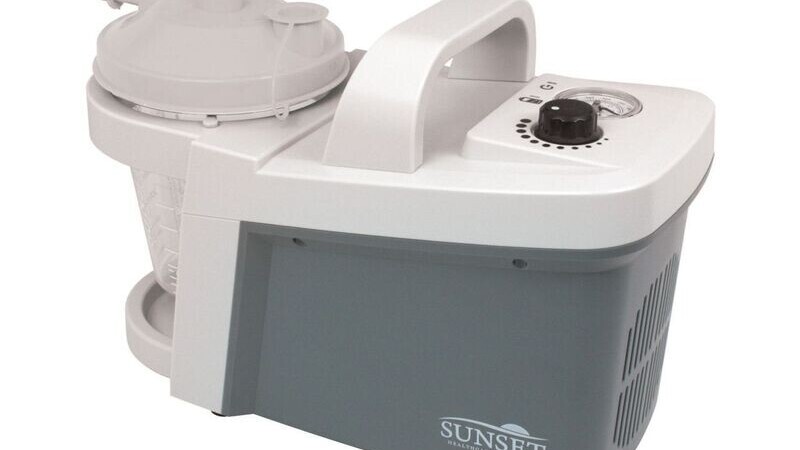Surgical instrument manufacturing is definitely for the highly skilled machinist. This is because this particular kind of manufacturing involves several different and extremely complex machining stages which ultimately take ordinary stainless steel and turn it into life-saving instruments.
Commonly Used Materials
With that being said, there are generally two types or rather categories of stainless steel that surgical instrument manufacturers utilize in surgical instrument manufacturing; they include magnetic stainless steels (AISI 410/410 X, AISI 420A and AISI 420B) and non-magnetic stainless steel i.e. AISI 304. Magnetic stainless steels are used for just about everything you can think of like forceps, tweezers, chisels, scissors, bone rongeurs and more. Non-magnetic stainless steel, on the other hand, is generally used for such surgical instruments as clamps, suction tubes, and holders—just to name a few.
Manufacturing Stages
When it comes to manufacturing these tools, surgical instrument manufacturers following several stages such as forging, press work, milling, grinding or filling, heat treatment, chemical treatment (passivation, pickling or electropolishing), followed by fixing, polishing or buffing and checking/packing. As you can imagine, each of these manufacturing stages ranges in difficulty. For instance, surgical instrument manufacturers use hot or cold compressive forces to shape metal parts during the forging stage. Clearly, forging is not a complex process and is actually only the beginning of any future surgical instrument; but, as you can see that some stages require standard labor, whereas manufacturing stages like milling and grinding involve more complicated machining techniques, a trained eye, and exact precision.
Surgical Instrument Manufacturers
Ultimately, surgical instrument manufacturers have an important task to accomplish which requires skill, patience and a passion for creating medical grade instruments and devices that can change peoples’ lives.
The surgical field requires precision tools in order to ensure the safety and well-being of patients. Outcomes from surgeries depend on the instruments that surgeons and other medical professionals handle and use.
When choosing a surgical instrument manufacturer, be sure to use one that is highly experienced and reliable in the industry. Evaluate the manufacturer’s capabilities. It is also advisable to review the results received by past clients whenever possible.



